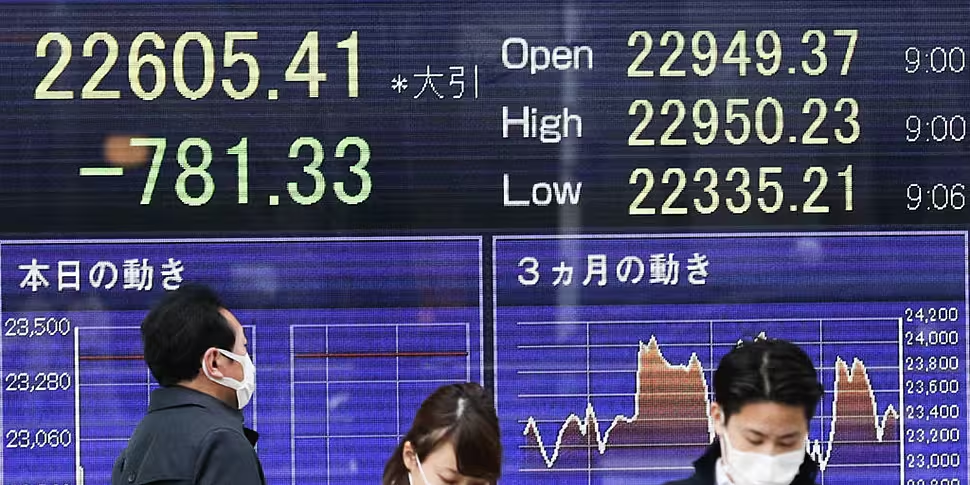The economies of the countries hardest hit by the coronavirus epidemic could be pushed into recession as a result of the outbreak, the OECD has warned.
The organisation says the virus has brought both considerable human suffering and significant economic disruption in areas such as tourism and electronics production.
It means the world economy is its most 'precarious position' since the financial crisis.
Currently, the vast majority of cases are in China, while a significant number of cases have been recorded in countries such as South Korea, Italy and Iran.
According to the OECD, there will be a sharp slowdown in world economic growth even if the outbreak remains largely confined to China with only limited outbreaks elsewhere.
However, if major epidemics break out elsewhere there could be a longer and more significant economic slowdown.
The OECD has already downgraded its growth forecast from world GDP from 3% to 2.4%, but warns that could fall to 1.5% if there are further significant outbreaks.
They compared the situation to the SARS outbreak in 2003, noting that the world's economy is now more interconnected - with China playing a significantly greater role in trade, tourism and other key economic areas.
Laurence Boone, OECD Chief Economist said governments need to act and work together to tackle the situation if the situation worsens.
He said: "Some would say it is trite to call for international cooperation.
"However, in this globally connected economy and society, the coronavirus and its economic and social fallout is everyone’s problem, even if firms decide in the wake of this virus shock to repatriate production and make it a bit less interdependent."
Mr Boone added: "Regardless of where the virus spreads, the world economy, previously weakened by persistent trade and political tensions, has already suffered a sharp setback."
The OECD adds that containing the epidemic and protecting people is the priority.









